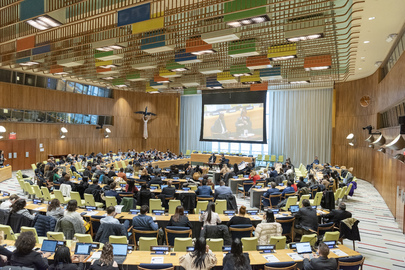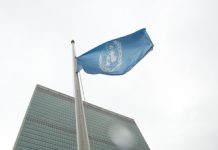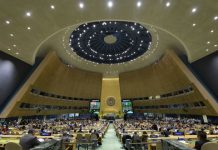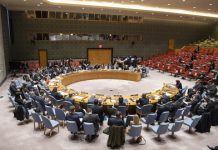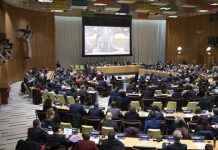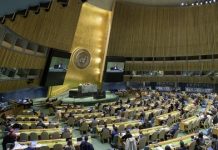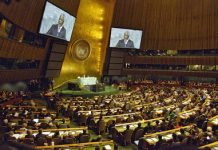In December 2013, the UN General Assembly declared the International Decade for People of African Descent to address issues of recognition, justice, and development.
The decade beginning in 2015 aimed to promote the rights of people of African descent, increase awareness of their cultural contributions, and strengthen legal frameworks to combat racial discrimination.
In 2021, 31 August was recognised as the international day.
UN Secretary-General António Guterres called on Member States to declare a second international decade “to help to accelerate global efforts for true change.”
Addressing racism
Mr. Guterres noted how people of African descent have contributed to society through leadership and activism.
“Yet,” he said, “the intolerable legacies of enslavement and colonialism endure.”
“Systemic racism is rife and continues to mutate into new forms – including in new technologies, where algorithms can amplify discrimination,” he continued. The Secretary-General said the UN is prioritising eradicating the “scourge of racism and racial discrimination” and has established a new Anti-Racism Office that will address racism in the workplace
“We also need governments to take the lead – by advancing and implementing policies and laws to tackle systemic racism and ensure inclusion,” Mr. Guterres said.
He also said there is a need for reparatory justice to address slave crimes.
The UN chief calls for global efforts to build a world of equality, opportunity and justice for all.
Systemic and structural
UN Human Rights Council-appointed experts also called for an end to racism ahead of the International Day while recognising “that millions of people of African descent around the world continue to be victims of systemic and structural racism and racial discrimination.”
Like the Secretary-General, the experts call for a second International Decade for People of African Descent from 2025-2034 as “we are far from ensuring respect for human rights and fundamental freedoms of people of African descent, including eradication of all forms of discrimination against them.”
The next decade would need a stronger focus on recognition, justice and development while tackling challenges that directly affect people of African descent.
The experts said Member States should create and enforce human rights tools, strategies, and monitoring systems to address systemic racism and ensure the full protection and respect of the rights of people of African descent in the coming decade.
With the upcoming UN Summit of the Future in September and the 16th Conference of the Parties for biodiversity in October, experts are urging member states to use these important meetings as opportunities to address issues concerning people of African descent.
“The time for decisive action is now,” they said. “Let us seize these opportunities that can result in meaningful change for people of African descent and the whole of humanity.”
Source of original article: United Nations (news.un.org). Photo credit: UN. The content of this article does not necessarily reflect the views or opinion of Global Diaspora News (www.GlobalDiasporaNews.com).
To submit your press release: (https://www.GlobalDiasporaNews.com/pr).
To advertise on Global Diaspora News: (www.GlobalDiasporaNews.com/ads).
Sign up to Global Diaspora News newsletter (https://www.GlobalDiasporaNews.com/newsletter/) to start receiving updates and opportunities directly in your email inbox for free.


